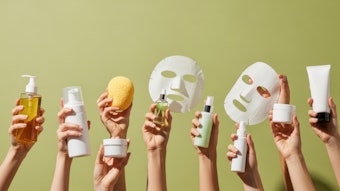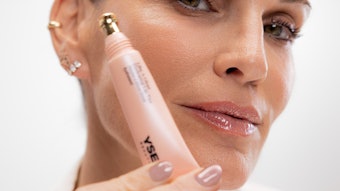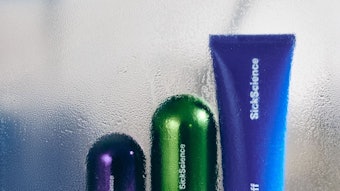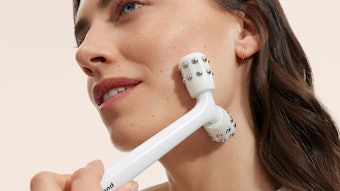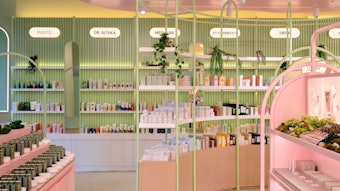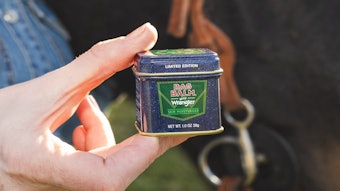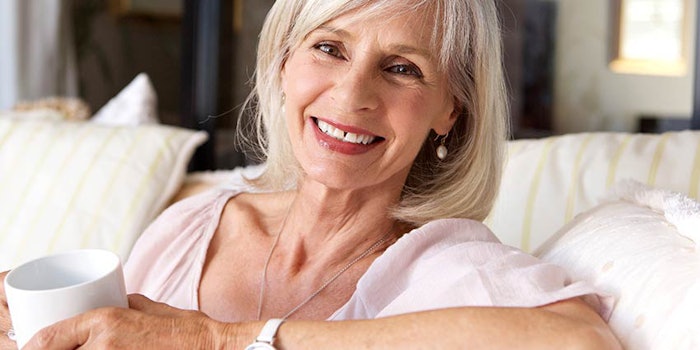
A new study from the Royal Society for Public Health examines the ways in which attitudes towards aging can impact health and wellbeing.
The study, titled That Age Old Question, found that ageist views are common across generations and aging societies are viewed as challenges, not opportunities.
In its findings, the beauty industry was among the most “persistent” in using language that “trivialize, vilify or catastrophize the aging process.”
Related: The Death of Anti-aging?
“The gendered nature of the fears surrounding growing ‘old’ was reflected in our research—both anecdotally within focus groups, but also with the survey finding that perceptions of when ‘old age’ begins are significantly higher among women than men, suggesting the women feel more pressure to stay ‘young’ for longer,” notes the study. It also cited recent studies which found the adverse effect of anti-aging narratives on body norms and body image.
The report calls for major outlets and magazines to “follow the lead of Allure magazine and ban the use of the term ‘anti-aging,’” and to focus instead on narratives that embrace the natural processes of aging.
Key findings include:
- Two thirds of the public have no friends with an age gap of 30 years or more
- 25% of 18-34 year olds believe it is “normal for older people to be unhappy and depressed”
- 30% of the public believe “being lonely is just something that happens when people get old”
- 40% of 18-24 year olds believe “there isn’t any way to escape getting dementia as you age”
- Half of women and a quarter of men say they feel pressured to stay looking young
- Among people from black ethnic backgrounds, attitudes to aging and older people are nearly three times more positive than average
